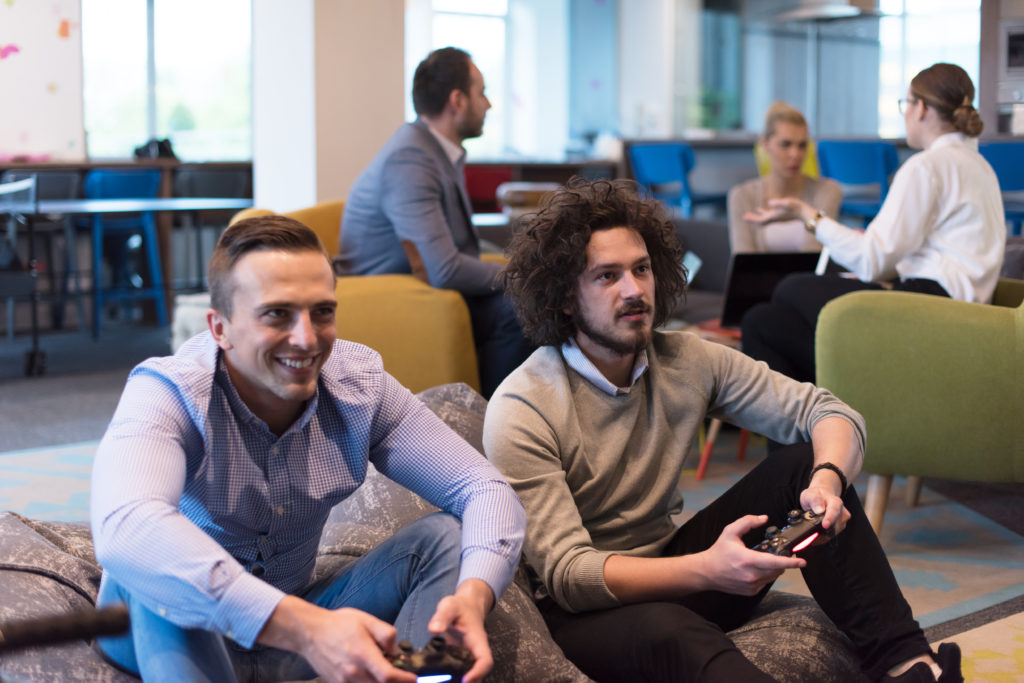Quick Hits
Daily brief research updates from the cognitive sciences

We all know the phrase “work hard, play hard” and this drew my attention when I stumbled across some research actually looking into this – and whether this is a good thing or bad thing. There is after all a counter argument to this the “burn the candle at both ends” argument whereby doing too much, and too many different things, leads to a rapid deterioration.
Lonnie Anderson and Laura Crimi of Queen’s University, Ontario, Canada decided to investigate the relationship between these motivations and published their results in 2016. They asked 1’400 participants about their age, gender, religious, and cultural background. They then asked about their attraction to religion, parenthood, accomplishment (or fame), and recreation.
What did they find?
The correlations were interesting for a number of reasons. There was a correlation between most of the factors. This suggests that higher motivation in general leads to higher desire and application in all areas. This is something we have seen at leading brains with our data into high performers in the workplace. They seem to have higher motivation in everything.
What they did find in addition, however, was three clear groupings of individuals:
- Those that were apathetic and had lower motivation in all areas
- Those that were “community” based – attracted to religion and family
- Those that were go-getters attracted to achievement, family, and leisure
This is interesting because this in part matches our internal data we have collected at leading brain but suggests that those high on achievement are attracted to multiple different forms of this but also leisure in general not to mention family.
Aarssen and Crimi assigned this to mortality salience i.e. by being highly engaged this distracts form confronting your own mortality. However, I disagree, based my in-depth work and analysis of the brain and motivation, and I see these as natural high activation and motivation patterns which then tends to manifest in different areas in life. We saw in our data that those high on motivation generally had high motivation in everything.
It’s likely to stay relatively stable over life – but that will be for another piece of research. And I see that Aarssen has not published anything else on this vein – maybe that’s something for me then!
But this suggests that work hard and play hard is more of personality trait than good advice. Those who are highly motivated are highly motivated in both work and leisure aspects●

Andy Habermacher
Andy is author of leading brains Review, Neuroleadership, and multiple other books. He has been intensively involved in writing and research into neuroleadership and is considered one of Europe’s leading experts. He is also a well-known public speaker speaking on the brain and human behaviour.
Andy is also a masters athlete (middle distance running) and competes regularly at international competitions (and holds a few national records in his age category).
Reference
Lonnie W. Aarssen, Laura Crimi.
Legacy, Leisure and the ‘Work Hard – Play Hard’ Hypothesis.
The Open Psychology Journal, 2016; 9 (1): 7
DOI: 10.2174/1874350101609010007
More Quick Hits
Why We Share Posts on Social Media
Is it just pictures of cats that we share on social media? That is a cliché – most of social media does not have post of cats on them and all manner of things are shared.
What Makes Human Brains Different?
Those who have followed my writing and articles will know that this is a question that comes up regularly. Just what is different to human brain compared to other species?
Brain Centre For Altruism Identified
Various parts of the brain have been associated with social behaviour but this particularly interesting study looked at effortful decision-making to help others and identified a region that only activates to this.
Genes Or Exercise for Living Longer?
We all know that we should get our exercise. And we all know that this is associated with many positive health outcomes. This includes living longer.
Yay! “Inoculation” Against Misinformation Effective
Wouldn’t it be great in the current world if we could inoculate people against misinformation. Sigh! But that will never happen
Lack Of Sleep Makes Us Selfish
We humans are a social species, we do things in groups, gather in restaurants, bars, music venues, and public spaces together.






